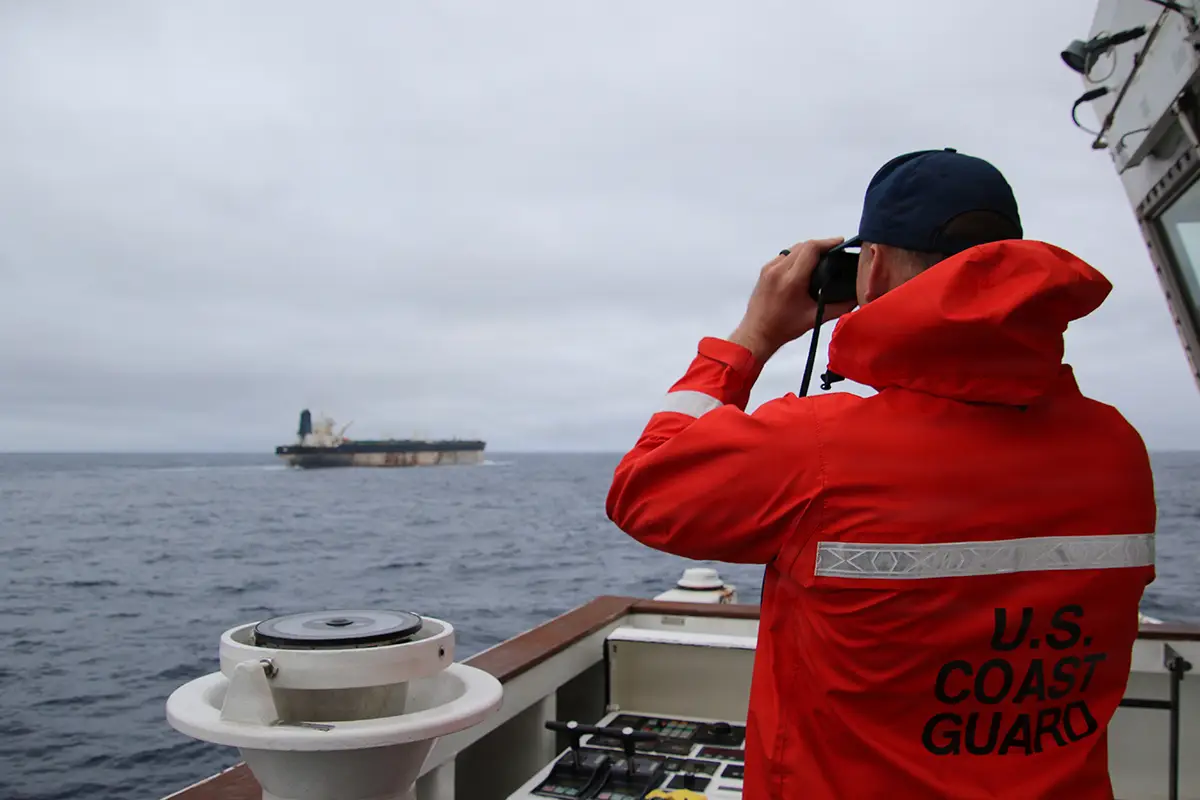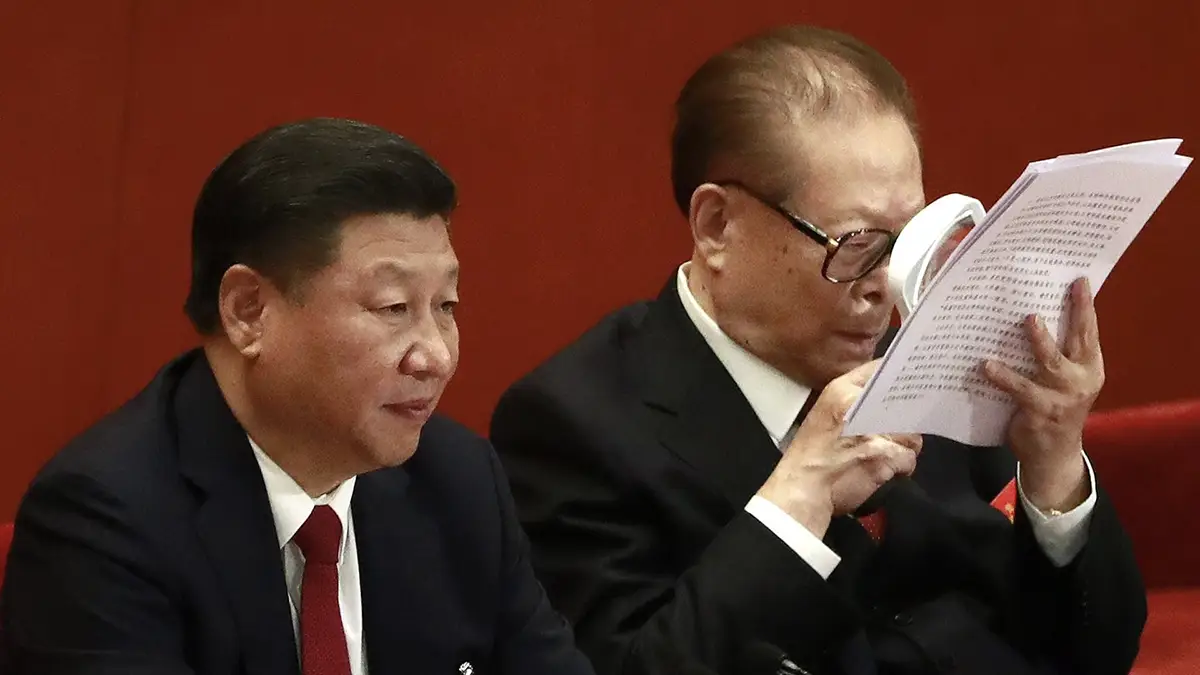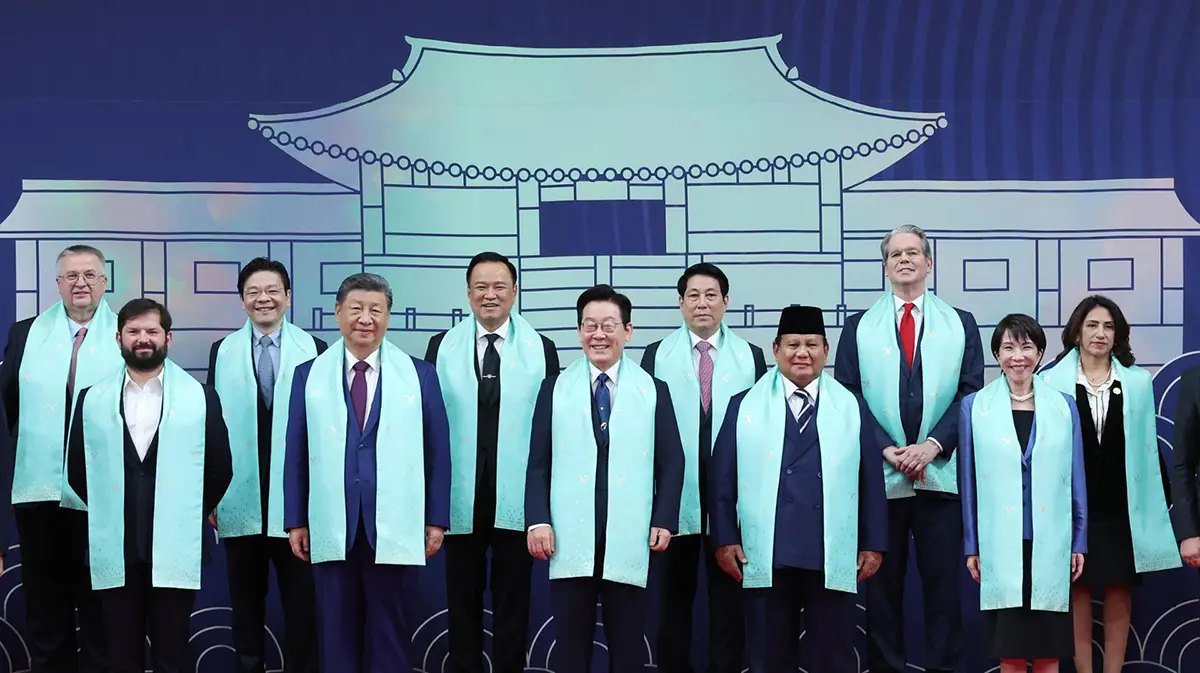Considering that Xi Jinping has stated repeatedly that China wants to collaborate with other countries in global governance and build a "community of common destiny," Beijing has been playing a marginal diplomatic role in responding to the Russian invasion of Ukraine. Chinese officials have floated the idea of their country serving as a "mediator," but so far Israel and Turkey have been the most active go-betweens, while China largely has stuck to the sidelines.
The China-Russia strategic partnership may have no limits, but People's Republic of China (PRC) Ambassador to the U.S. Qin Gang states that the "bottom line" for China-Russia relations is the UN Charter. This has put China in an untenable position: China claims to support the territorial integrity of states as proclaimed in the UN Charter, and PRC officials have even stated that they recognize Ukraine's sovereignty and territorial integrity. The PRC has never officially recognized Russia's 2014 annexation of Crimea. Yet PRC officials also have not publicly opposed Russia's 2022 invasion of Ukraine, and the term "invasion" is absent from authoritative commentary. To the contrary, China abstained on the two UN resolutions condemning it and officials have spoken about Russia's "legitimate security interests."
While rejecting any comparisons between Ukraine's struggle to maintain its sovereignty and the future of Taiwan, which Beijing claims as a renegade province, PRC officials use Ukraine's example to warn Taiwan against expecting direct U.S. military aid. Zhu Fenglian, spokesperson of the Taiwan Affairs Office of the PRC State Council, emphasizes that in Afghanistan and Ukraine the U.S. has proven to be an unreliable ally, primarily concerned with its own geopolitical interests. Wang Wenbin, Deputy Director of the PRC Foreign Ministry Information Office, contends that U.S. officials link Taiwan to Ukraine because of Washington's ulterior motive to create a crisis in the Taiwan Strait and warns the United States against "playing with fire." Chinese commentary has a similar message on sanctions: that they will boomerang and hurt the countries imposing them.
However, the lessons some PRC scholars draw about Russia could equally apply to China and its future intentions for Taiwan. Feng Yujun, a prominent Russia scholar at Fudan University, noted in Southern China Weekend that Putin made his move in Ukraine sensing a strategic opening. Feng added that while Russia has downplayed the impact of the sanctions, they would be a "huge blow" to the Russian economy. Like Putin, Xi has often stated that China faced a moment of strategic opportunity, but it remains to be seen if the unexpectedly united and substantial response by the West to the Russian invasion of Ukraine will cause PRC leaders to rethink their risk calculations regarding Taiwan.
This article originally appeared as part of a compilation on the website China File.
Elizabeth Wishnick is a Senior Research Scientist in the China Studies Program. at CNA, a non-profit research institute in Arlington, Virginia, and the author of the www.chinasresourcerisks.com blog. She is on leave from Montclair State University and a Senior Research Scholar at the Weatherhead East Asian Institute, Columbia University.



